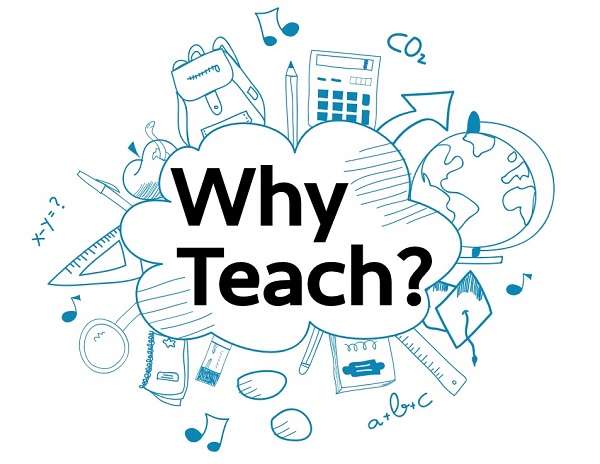Take Aways: New thinking about yourself and/or your craft after completing the April Blog A Day Challenge
 |
| Image via HERE |
This is my second year doing the April Blog A Day Challenge. Last year, it came just a few weeks after I had undergone major surgery to remove the cancer from my body. It was a scary time and having the space to write and reflect, to focus on my work and think about the hows and whys of my craft were a welcome distraction. I didn't think that this year I would be facilitating this journey for others. I wish I has been able to get more people involved. I pitched to the staff of 50+ teachers at my school and while in theory teachers want to do this kind of work, making time to write and reflect in this way is a big ask of oneself when already feeling overwhelmed with the work to be done.
Ultimately, I am glad I took this on. I wish I had pushed harder, dig deeper. I also valued the insight that the small group of bloggers brought to the conversations. As always the thinking of teachers challenges me to look more closely about how and why I do things. This exercise is invaluable and makes me a better teacher and educator.
Things I want to take back to the staff and administration as part of the larger conversations to be had.
Reflection must happen intrinsically.
At the end of each lesson plan and unit plan we write at my school there is a space for reflection. I seldom complete this step. It's not because I don't want to. It's because time keeps ticking and there is always something new to be done. It's difficult for teachers to slow down and really reflect on what is happening in their classrooms.
Teachers don't learn how to "reflect" and as a result don't learn how to look at student work and data.
I remember, that the beginning, the talk was data, data, data. I got frustrated because I was expected to just know how to look at what students were doing and 1. Generate "data" for administration to assess and 2. Use the "data" to inform instruction. While the phrase "checks for understanding" has become mainstay in teacher talk, truly understanding what the checks tell us is something learned over time and with experience.
Two weeks ago I facilitated a protocol for examining student work to inform instruction. I asked two co-teachers to examine the work from one class. Using a common system of evaluation, they graded, then divided the work up into 4 quartile. We then moved through a process of examining the 2 lower quartiles. The process took about an hour and in the end I was able to support teachers in developing a deeper understanding of where their students are, the next steps teachers need to take for strategic interventions (to address misunderstanding of methods or content).
In their reflection on the protocol teachers wrote:
 |
| Image via HERE |
"I also liked reviewing the work with my co-teacher because it gave us step-by-step instructions and we were able to do some great analysis of student work and see where students did well and where we need to re-teach or re-focus."
"I really liked the SLIP protocol because it allows me to see which of my students are struggling in common areas. It might have been nice to have access to both higher and lower level students in the comparison to see if there is a common hole in knowledge/skill throughout the whole class which would point to a flaw in instruction."
I am glad my team was able to go through this process. We had to carve out the time to make it happen. If administration wants to get the most out of teachers there must be time to do this kind of work. It needs to be supported and facilitated by more experienced teachers who can help guide the process until teacher teams can take it over on their own and self direct.















